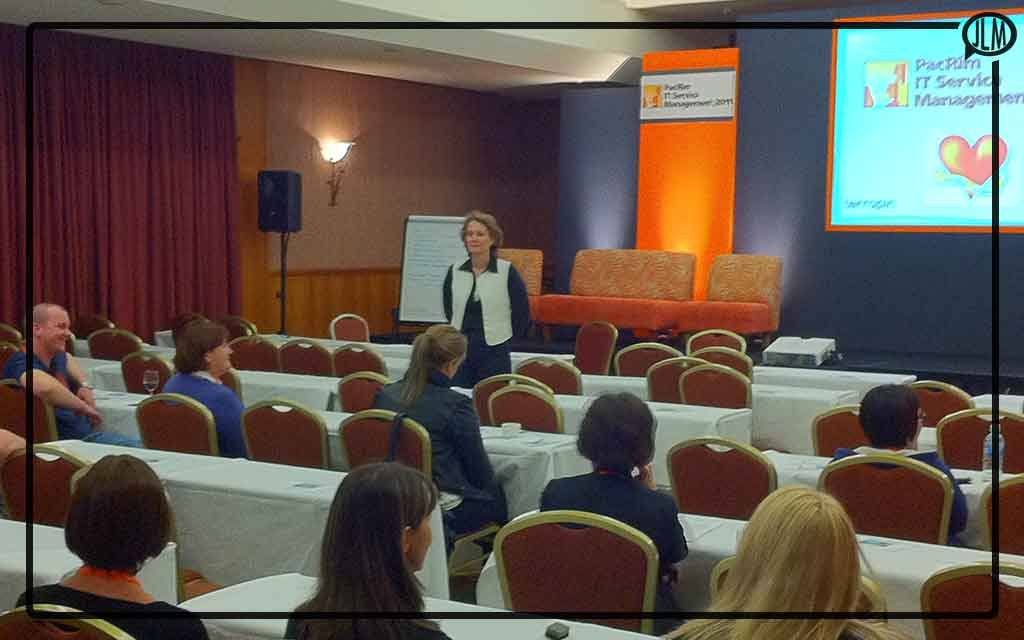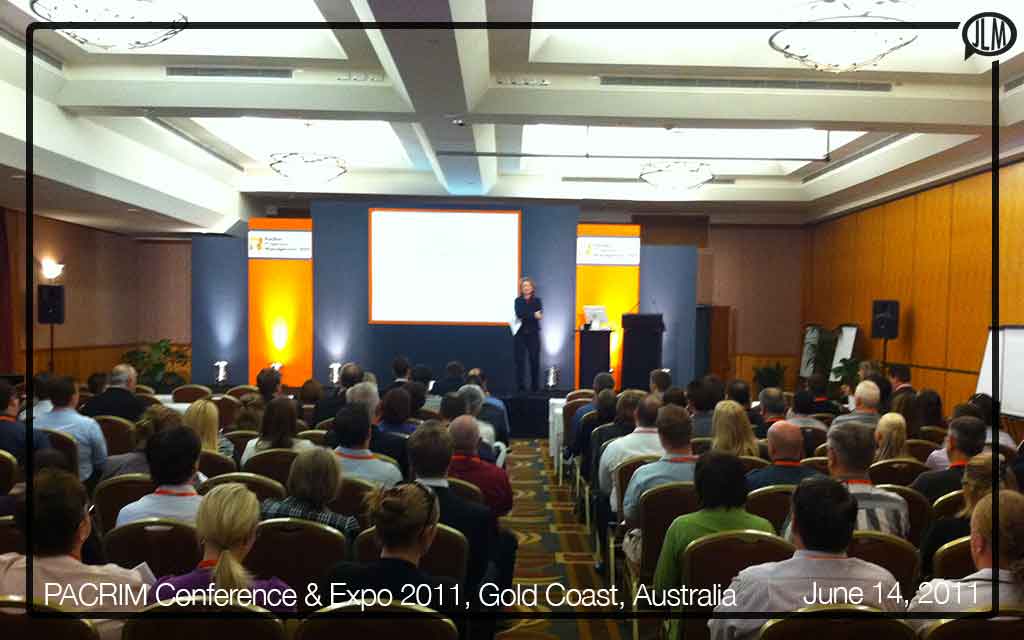![]()
On my last PACRIM conference, we returned to the Gold Coast to a resort community. My responsibilities grew exponentially for this last conference as I not only served as a keynote speaker but also as the master of ceremonies for an entire day of the conference.
The pre-conference workshops I provided at the event were Knowledge-Centered SupportTM Implementation Strategies: Effective Design and Implementation of the KCS in
IT Service Management and Manage Service Transition: Integrating Change, Release and Deployment, and Service Asset and Configuration.
The panels that I moderated included: Service Transformation Discussion – Panel Moderator, Knowledge Management Panel: Should a librarian design your knowledge management system? How to create a knowledge management system people will use, Budgets Panel: How to get the extra funding you need to maintain service standards but also drive innovation – Panel Moderator, and a Metrics Panel: What metrics should a Service Desk adopt? The how to’s and the why’s – Panel Moderator.

My keynote session was on a totally different topic than my traditional stuff titled Service Mapping, Service Portfolio, Strategy, Governance and Risk Management.
Topic Overview
Service Mapping, Service Portfolio, Strategy, Governance and Risk Management (Keynote)
In today’s IT organization, we must manage the risk associated with providing IT services to the business and to our customers. Risk has become the number one issue facing companies and it has gone unmanaged. IT professionals need to better understand the role of IT Governance and how it helps to manage risk and create confidence from the business that IT is managing the information resources appropriately. This session will explore the concepts of IT Governance and focuses on the primary domain of Risk Management:
- What is IT Governance?
- The role of Risk Management in IT Governance
- Key Stakeholders
- Concepts of Risk Management
- Identification of Assets
- Identification of potential Risk
- Prioritization of Risk
- Identification of appropriate countermeasures
- Implementation of countermeasures
- Value Creation for the Business
Knowledge-Centered SupportTM Implementation Strategies: Effective Design and Implementation of the KCS in IT Service Management
Knowledge-Centered Support is a knowledge management framework for Support Organizations that creates, manages and maintains knowledge to enable more rapid restoration of service. However many organizations struggle with the implementation of KCS and taking knowledge management to the next level. In this workshop, we will explore the implementation techniques to fully leverage the KCS Methodology in your environment and how to leverage KCS in a service management organization successfully. We will:
- Review the concepts of KCS
- Investigate the adoption roadmap
- Better understand what is required to implement KCS successfully in your environment
- Further advance the KCS adoption
- How to use collaborative tools
- Measure the value of KCS
- Expand the methodology and techniques across the service lifecycle
Manage Service Transition: Integrating Change, Release and Deployment, and Service Asset and Configuration – Workshop
Once a service has been designed, it is important that it be built, tested, and released into the live environment as successfully as possible. This means developing processes to manage and assess the change, standardized processes for the build test and release, and preparing the organization to use and support the new service. All of these processes rely on the accuracy of the Configuration Management system. This session evaluates how to integrate these three core Service Transition processes into your organization. This session will explore:
- The Service Transition phase of the lifecycle
- Change ManagementOverview
- Release and Deployment Overview
- Configuration ManagementOverview
- Implementing Change, Release and Deployment, and Configuration



